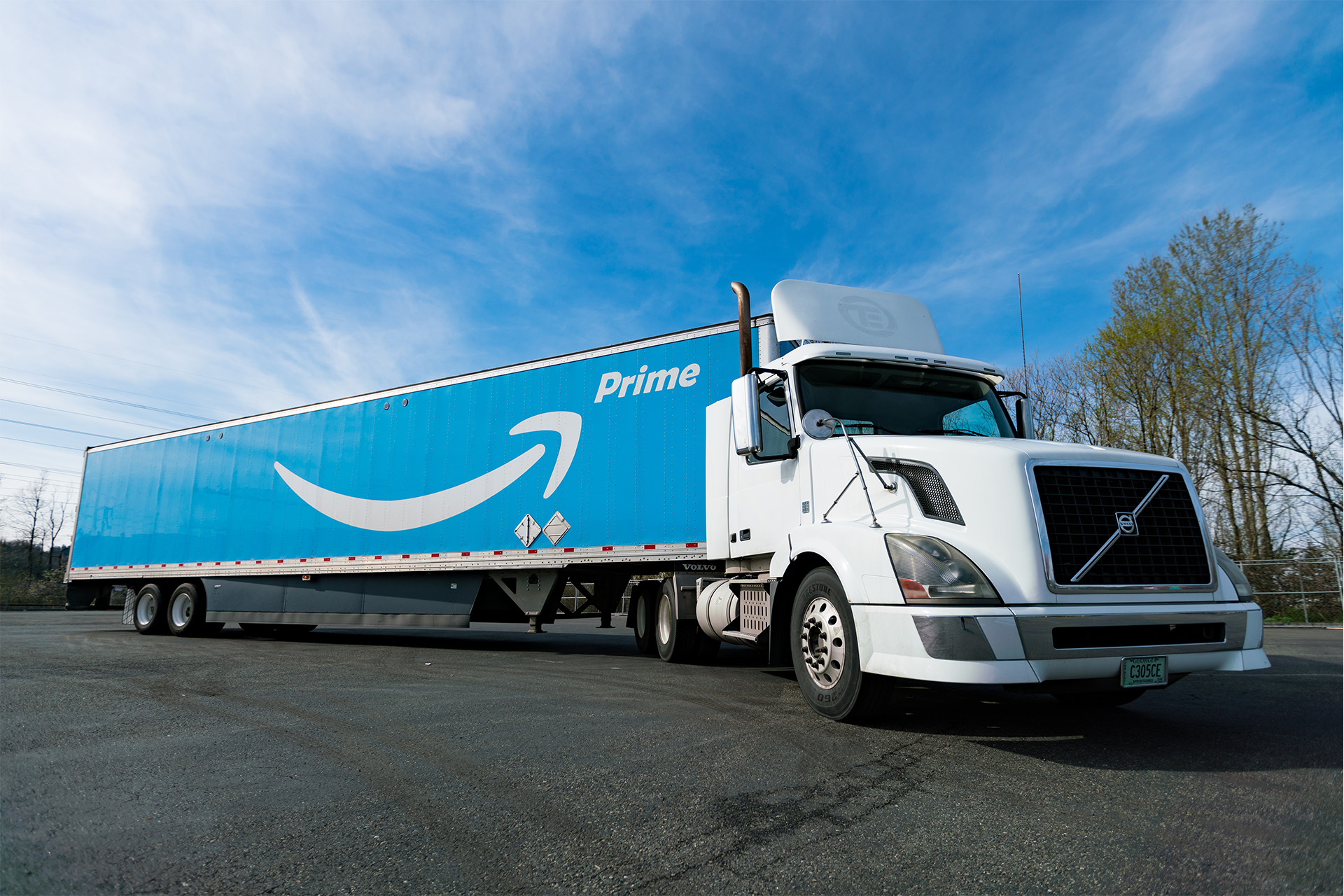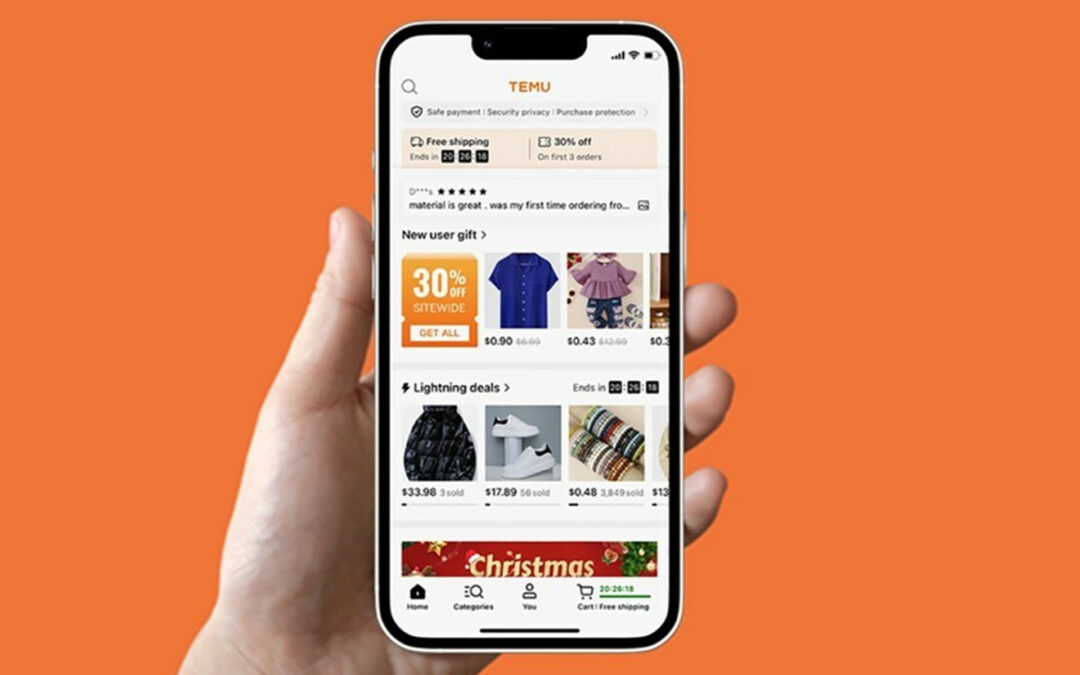Washington State’s attorney general’s office has announced that, as a result of a price-fixing investigation that addressed anti-trust issues, Amazon will shut down its Sold by Amazon program across the United States.
Among the results of the Sold by Amazon program were higher prices for products directly affected and a sale shift to the company’s private-label items.
The retailer offered select third-party operators access to the program from 2018 to 2020, Washington attorney general Bob Ferguson stated.
As part of the legally enforceable consent decree, Amazon must cease operating the Sold by Amazon program nationwide and provide the attorney general’s office with annual updates on its compliance with antitrust laws. In addition, Amazon will pay $2.25 million to the AG’s office, which it will use to support its antitrust enforcement.
The statement the attorney general, noted, in part:
“The Sold by Amazon program allowed the online retailer to agree on price with third-party sellers rather than compete with them. Ferguson’s lawsuit asserted that the program violated antitrust laws. Amazon unreasonably restrained competition in order to maximize its own profits off third-party sales. This conduct constituted unlawful price-fixing.
“Amazon offered the Sold by Amazon program from 2018 through 2020 on an invitation-only basis. It invited several hundred third-party sellers with whom it had previously competed for online consumer sales on its online marketplace and other e-commerce platforms.
“There are about 2.3 million third-party sellers on Amazon worldwide, according to information from a 2018 Amazon letter to its shareholders. Over the last two decades, Amazon’s sales of its own branded products grew from $1.6 billion in 1999 to $117 billion in 2018. Over that same period, third-party sales grew exponentially from $100 million in 1999 to $160 billion in 2018. Third-party sales account for over half the sales on Amazon.
“Washington state ranks among the top 10 states in the nation with the fastest growing rate of third-party sellers on its online marketplace.
“Amazon targeted a small fraction of the millions of third-party sellers on its platform to join the Sold by Amazon program. Amazon kept the program small as an experiment then slowly began to request more sellers join as it evolved…
“The Sold by Amazon program resulted in prices for some products increasing when Amazon programmed its pricing algorithm to match the prices that certain external retailers offer to online consumers.
“As a result, when prices increased, some sellers experienced a marked decline in the sales and resulting profits from products enrolled in the program. Faced with price increases, online customers sometimes opted to buy Amazon’s own branded products, particularly its private label products. This resulted in Amazon maximizing its own profits regardless of whether consumers paid a higher price for sales of products enrolled in the Sold by Amazon program or settled for buying the same or similar product offered through Amazon.
“Prices for the vast majority of the remaining products enrolled in the Sold by Amazon program stabilized at artificially high levels. This is because Amazon programmed its pricing algorithm to maintain the seller’s pre-enrollment price as the price floor. This meant participating sellers had limited, if any, ability to lower the price of their products without withdrawing the product’s enrollment in the Sold by Amazon program.”
As an example of what happened in practice, the AG’s office claimed that many sellers who were once able to offer price discounts on their products found Amazon subsequently precluding them from providing the same kind of bargains. Sellers then bore the risk of having their products not sell in a timely manner, or at all, while still paying Amazon for services such as enrolled product storage fees. Many sellers remained stuck with an artificially high price for their products while Amazon was able to maximize its own profits.
Amazon has faced allegations of anticompetitive practices prior to the latest action, the AG’s office asserted. In 2013, Amazon abandoned a most-favored-nation price parity contract provision across the European Union after British and German government antitrust enforcement officers instituted an investigation into purpose and effect of those practices. Amazon continued using its favored nation price parity provision in the U.S. until spring 2019 after scrutiny of it began mounting, the AG’s office suggested.
In November 2020, the AG’s office added, the European Union filed the first-ever antitrust lawsuit against Amazon after coming to the conclusion that the retailer used data it collected from third-party sellers on its marketplace to determine what products to launch and how to price them.
In the U.S., several consumers filed a price-fixing lawsuit against Amazon in the U.S. District Court for the Southern District of New York as 2021 began, the Washington AG’s office pointed out, alleging that the retailer colluded with major publishing firms to drive up the price of e-books. Then, in May 2021, District of Columbia attorney general Karl Racine filed a lawsuit against Amazon that accused the retailer of fixing its online retail prices through contract provisions and policies its third-party sellers sign, preventing those sellers that offer products on Amazon from providing their products at lower prices or on better terms on other online platforms, their own websites included.
Last year, the company paid $2.5 million in an action that covered selling regulated pesticides on its online platform without a license and without collecting information about their use as required by law, the AG’s office maintained. Amazon paid more than $200,000 in refunds to consumers and $700,000 to the Washington AG’s office for future environmental protection efforts for selling items with illegal levels of lead and cadmium. Amazon also entered into a nationwide binding agreement to block the sale of children’s school supplies and jewelry on its website unless it submits lab reports and other proof from the sellers that the products are not toxic, according to the AG’s office.
“Consumers lose when corporate giants like Amazon fix prices to increase their profits,” Ferguson said in announcing the company’s ending of its Sold by Amazon program. “Today’s action promotes product innovation and consumer choice, and makes the market more competitive for sellers in Washington state and across the country.”
An Amazon spokesperson told HomePage News, “This was a small program to provide another tool to help sellers offer lower prices, much like similar programs common among other retailers, that has since been discontinued. While we strongly believe the program was legal, we’re glad to have this matter resolved.”





